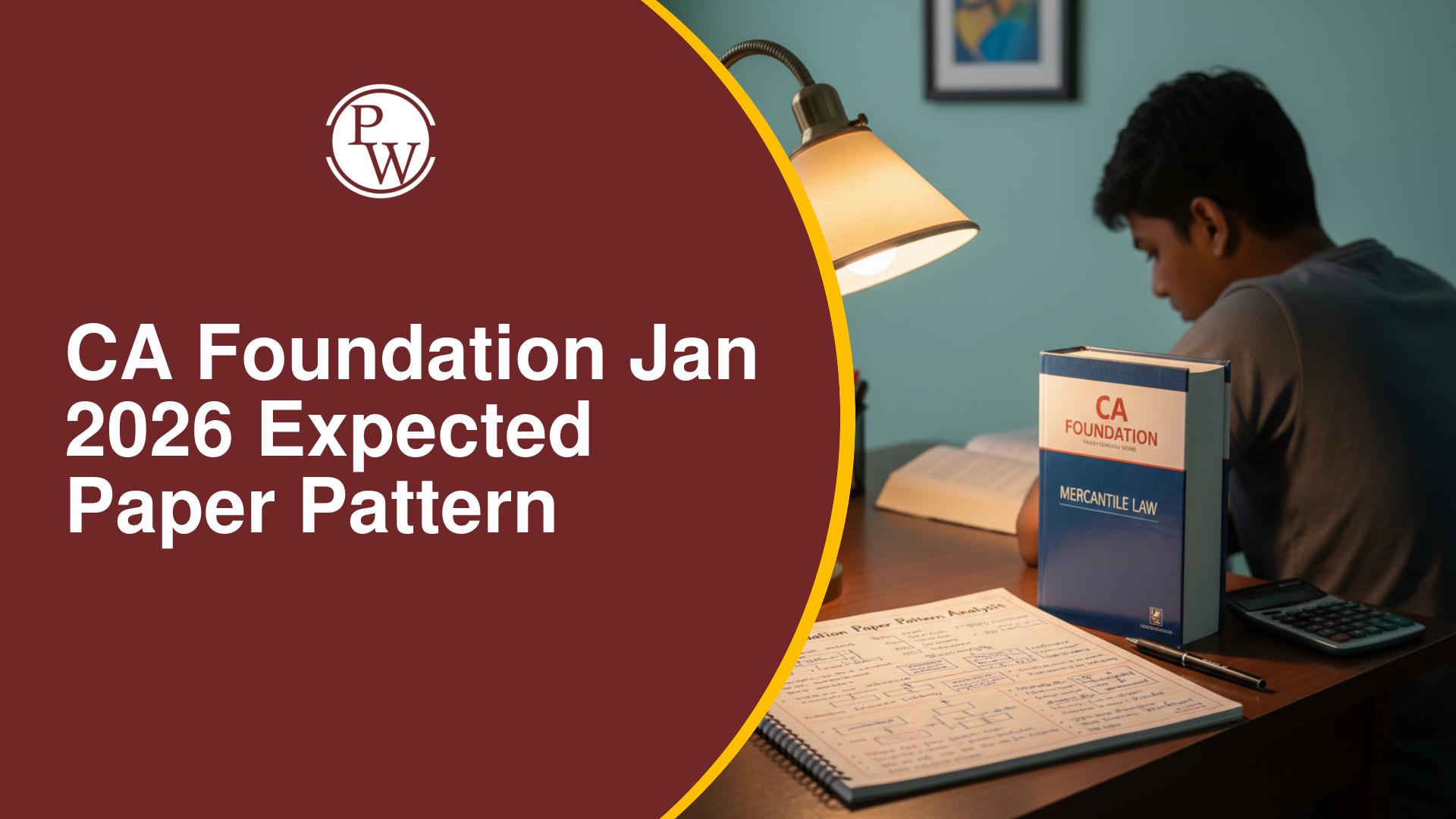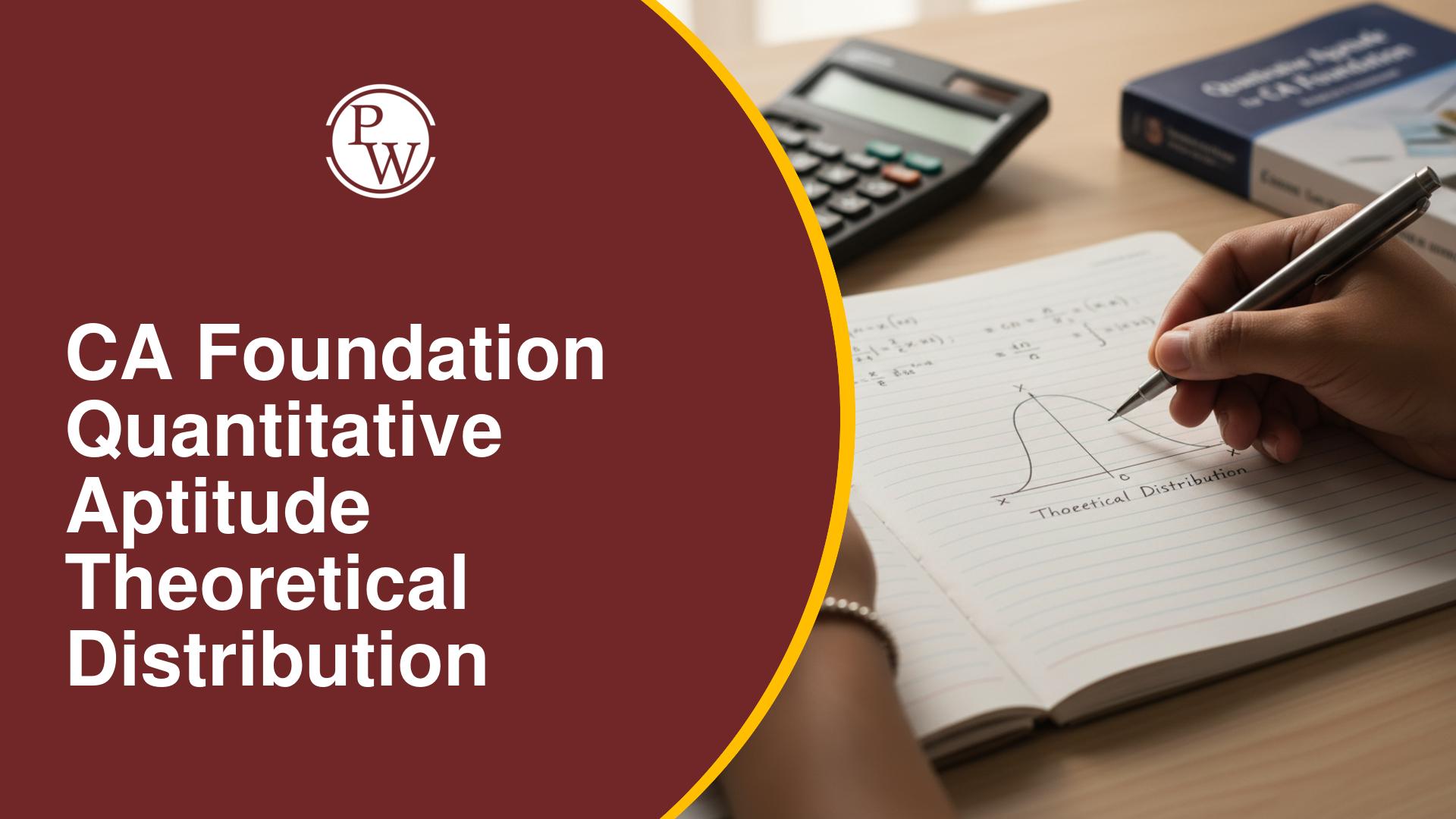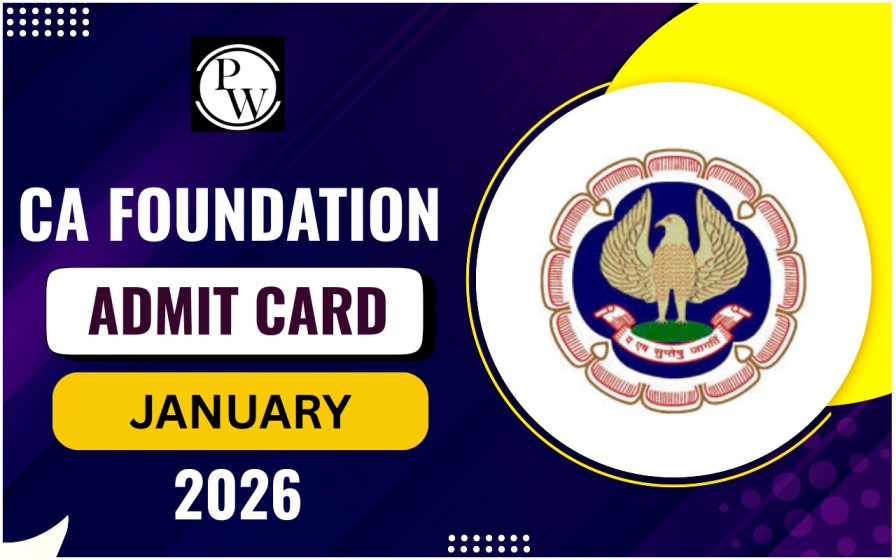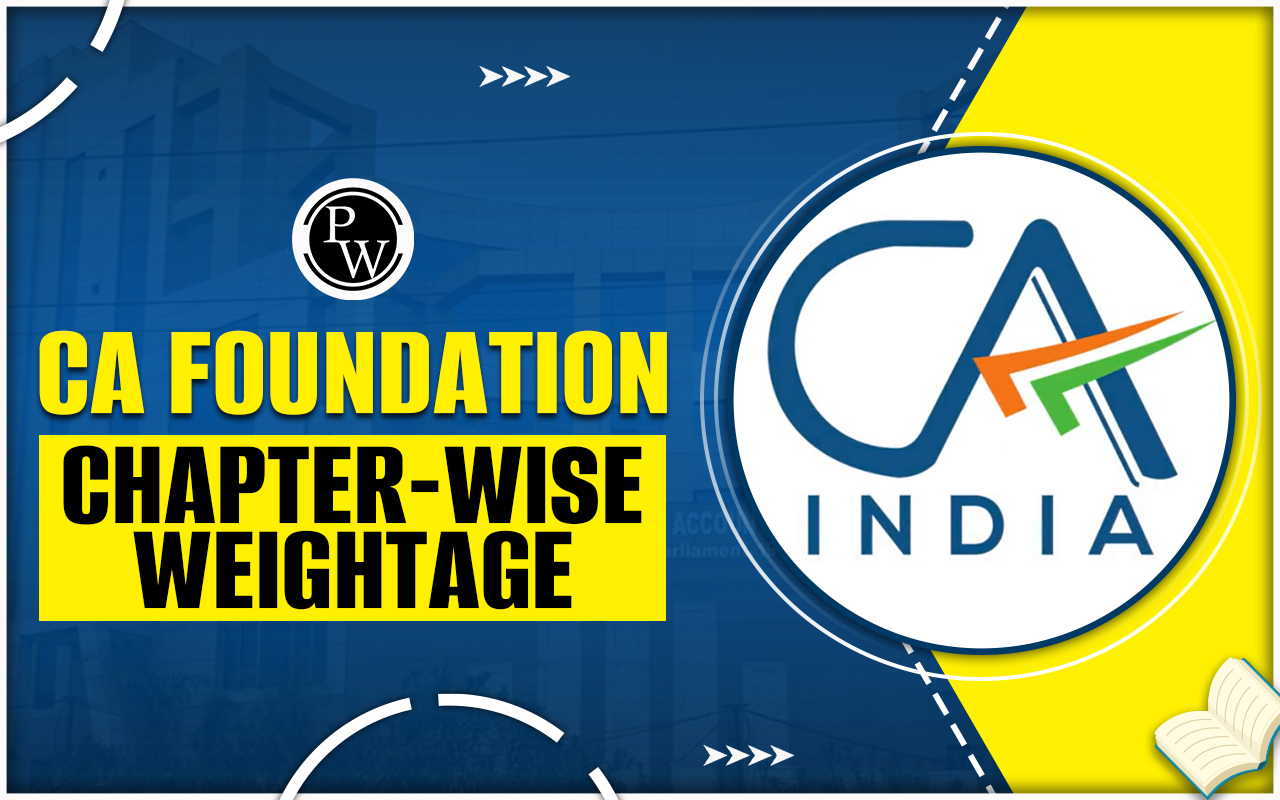
Auditing and Assurance: Auditing and assurance are pivotal in finance and accounting. Aspiring Chartered Accountants (CAs) must fully grasp these concepts to excel in their profession. A solid understanding of auditing and assurance is paramount for aspiring Chartered Accountants. By grasping the key concepts, processes, and practical applications, CA students can lay a strong foundation for a successful career in auditing and assurance.
Additionally, staying attuned to emerging trends ensures they remain at the forefront of this ever-evolving field. This blog aims to provide CA students with a comprehensive understanding of auditing and assurance, covering essential concepts, techniques, and their practical application.
Definition and Purpose of Auditing
Auditing constitutes a meticulous and methodical process wherein the financial records, statements, and operational activities of an entity are scrutinized. This scrutiny serves the overarching goals of verifying precision, confirming adherence to established accounting principles and validating the trustworthiness of the financial data in question.
At its core, the primary objective of auditing is to furnish stakeholders with a level of confidence and assurance in the veracity of the financial information put forth by an organization. This assurance serves as a crucial cornerstone for decision-making processes, enabling stakeholders to make informed judgments and assessments about the entity's financial health and stability. Through auditing, a robust framework is established, instilling a sense of trust and credibility in an organization's financial reporting.
Types of Audits
Understanding the various types of audits allows organizations to choose the most appropriate audit approach based on their specific needs and objectives. Each type serves a distinct purpose in ensuring transparency, accountability, and compliance within an organization's operations.
1. Financial Audit: A financial audit is perhaps the most common type. It involves a comprehensive examination of an organization's financial statements and related transactions. The aim is to ensure that the financial statements are accurate, complete, and adhere to accounting principles and standards. This type of audit is typically conducted by external auditors.
2. Operational Audit: An operational audit focuses on the efficiency and effectiveness of an organization's operations, processes, and procedures. It assesses whether resources are being utilized optimally and if operations are aligned with organizational goals. This type of audit helps in identifying areas for improvement in operational efficiency.
3. Compliance Audit: Compliance audits are conducted to ensure that an organization is adhering to applicable laws, regulations, and industry standards. This type of audit is essential for organizations operating in heavily regulated industries to avoid legal penalties and maintain ethical practices.
4. Information Systems Audit: Information systems audits, also known as IT audits, examine the controls and security measures surrounding an organization's information technology infrastructure. This includes evaluating the integrity, confidentiality, and availability of data, as well as assessing the effectiveness of cybersecurity measures.
5. Forensic Audit: Forensic audits are conducted to investigate potential financial irregularities or fraud within an organization. These audits are detailed and often involve a thorough examination of financial records, interviews with employees, and the collection of evidence to support or refute allegations of misconduct.
6. Internal Audit: Internal audits are conducted by an organization's internal audit department or an outsourced internal audit firm. They evaluate the internal controls, risk management processes, and governance structures within the organization. The goal is to provide management with insights for improving operations and managing risks effectively.
7. Integrated Audit: An integrated audit combines elements of financial, operational, and compliance audits. It offers a comprehensive assessment of an organization's financial reporting, internal controls, and adherence to legal and regulatory requirements. This type of audit provides a holistic view of an organization's overall performance.
8. Performance Audit: Performance audits focus on evaluating the economy, efficiency, and effectiveness of specific programs, projects, or activities within an organization. They assess whether resources are being used efficiently to achieve desired outcomes.
9. Tax Audit: A tax audit is conducted by tax authorities to review an organization's tax compliance and ensure accurate reporting of income, deductions, and credits. This type of audit helps to identify any discrepancies or potential tax liabilities.
Definition and Scope of Assurance
Assurance is a professional service provided by auditors or other qualified professionals to enhance the credibility and reliability of information for the benefit of stakeholders. It involves an independent evaluation of information or processes to provide an opinion or conclusion on their accuracy, reliability, or compliance with applicable criteria. Here is a detailed breakdown of the definition and scope of assurance:
Definition of Assurance : Assurance is a systematic and objective examination of information, processes, systems, or operations. Its purpose is to provide an independent and reliable assessment regarding the accuracy, completeness, and reliability of that information. The goal of assurance is to instill confidence in the users or recipients of the information, enabling them to make informed decisions.
Scope of Assurance :
- Financial Information : One of the primary areas where assurance is provided is in the realm of financial information. This encompasses audits of financial statements, which involve a thorough examination of an organization's financial records to ascertain whether they present a true and fair view in accordance with applicable accounting standards.
- Compliance with Standards and Regulations : Assurance engagements can also focus on verifying compliance with specific standards, regulations, or legal requirements. This includes ensuring that an entity is following industry-specific regulations, tax laws, or internal policies.
- Operational Effectiveness and Efficiency : Assurance extends to evaluating the efficiency and effectiveness of an organization's operations. This involves assessing whether resources are being utilized optimally and if processes are aligned with organizational objectives.
- Internal Controls and Risk Management : Assurance is provided to assess the adequacy and effectiveness of an organization's internal controls and risk management processes. This helps in identifying weaknesses or areas for improvement in controlling and mitigating risks.
- Information Systems and Cybersecurity : With the increasing reliance on technology, assurance is critical in evaluating the controls and security measures surrounding an organization's information systems. This includes assessing the integrity, confidentiality, and availability of data, as well as the effectiveness of cybersecurity measures.
- Sustainability and Environmental Reporting : In recent years, there has been a growing demand for assurance on sustainability reports. This involves evaluating an organization's environmental, social, and governance (ESG) practices and disclosures to ensure accuracy and transparency.
- Forensic Investigations : Assurance may be sought in cases of suspected fraud or financial irregularities. Forensic audits involve a detailed examination of financial records, interviews, and the collection of evidence to support or refute allegations of misconduct.
- Governance and Ethical Practices : Assurance can be provided on an organization's governance framework and ethical practices. This involves evaluating the effectiveness of governance structures and ensuring adherence to ethical standards and codes of conduct.
- Specialized Areas : Assurance can be applied to various specialized areas depending on the specific needs of an organization. This might include areas such as healthcare compliance, IT governance, or non-profit financial reporting.
Types of Assurance Services
- Financial Statement Assurance: Providing assurance on the accuracy and fairness of financial statements.
- Compliance Assurance: Ensuring that an entity is adhering to relevant laws, regulations, and contractual agreements.
- Operational Assurance: Evaluating the efficiency and effectiveness of an organization's operations and processes.
- Information Systems Assurance: Assessing the reliability and security of an organization's information systems and technology infrastructure.
The Auditing Process
Planning: This phase involves understanding the client's business, assessing risks, and developing an audit plan. It includes setting objectives, scope, and timelines.
Risk Assessment: Identifying and evaluating risks associated with the entity's financial statements and operations. This helps in determining the extent and nature of audit procedures.
Evidence Gathering: This stage involves collecting relevant and reliable evidence through procedures like inspection, observation, inquiry, and confirmation.
Evaluation and Reporting: After gathering evidence, the auditor evaluates it to form an opinion. The findings and opinion are then communicated through an audit report.
Key Concepts in Auditing
Materiality: Materiality refers to the significance or importance of an item or transaction in the financial statements. It guides auditors in determining the focus of their audit procedures.
Audit Sampling: Given the vast volume of transactions, auditors often use sampling techniques to select a representative portion for testing. This allows them to draw conclusions about the entire population.
Internal Control: Internal control systems are policies and procedures designed to ensure the reliability of financial reporting, compliance with laws and regulations, and the effectiveness and efficiency of operations.
| Also Read: | ||
| CA Foundation 2023 | CA Intermediate 2023 | CA Final 2023 |
| CA Exam 2023 | CA Registration 2023 | CA Result 2023 |
| CA Eligibility 2023 | ||
Auditing and Assurance FAQs
Why is a solid understanding of auditing and assurance crucial for aspiring Chartered Accountants (CAs)?
How does assurance benefit stakeholders in an organization?
What is the significance of various types of audits in an organization?
What are some specialized areas where assurance is applicable?
How does assurance contribute to effective risk management?
How do auditors determine the focus of their audit procedures?










